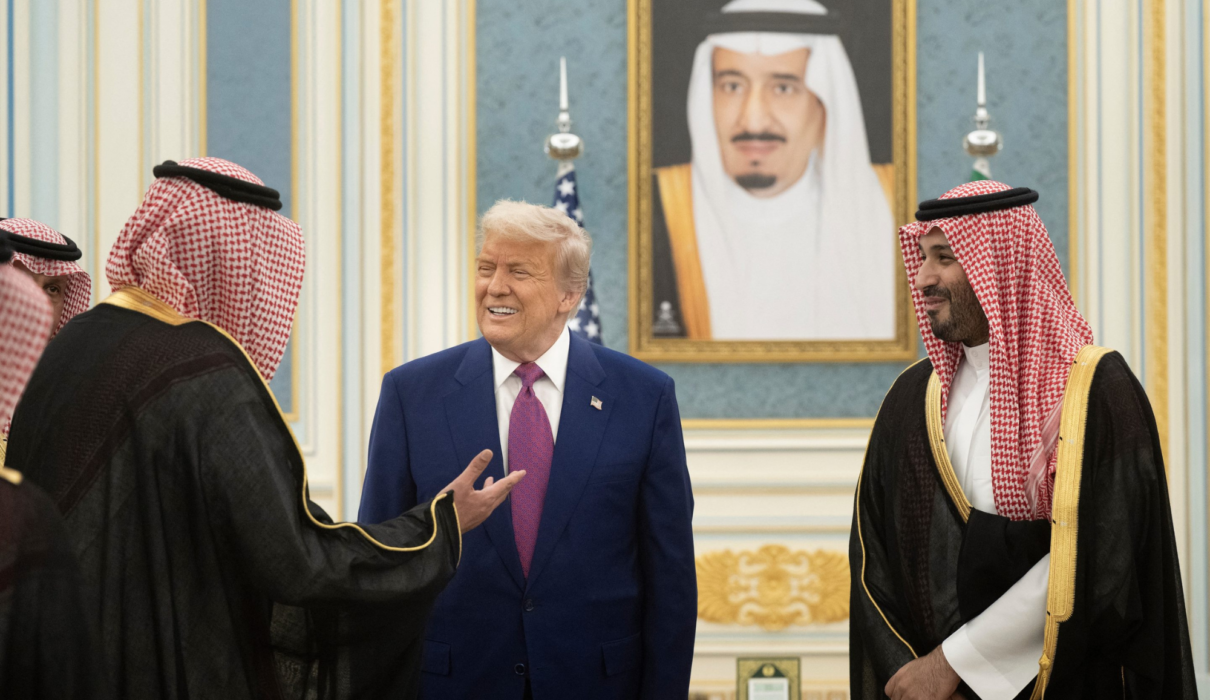Highlighting a shift in global tech alliances, the U.S. and UAE have finalized a pivotal agreement granting the Emirates access to sophisticated American AI chips. This move not only deepens strategic cooperation between the two nations but also reflects a broader transformation in U.S. technology diplomacy as Washington adapts to growing rivalry with China.
The deal allows UAE firms to acquire up to 500,000 of Nvidia’s cutting-edge AI chips per year, facilitating the construction of a massive data center network. These chips will power G42, a major Emirati AI firm, in developing data centers designed to support next-gen computing and cloud infrastructure. Each center is expected to scale from 1 gigawatt to 5 gigawatts of power, addressing massive AI training and inference demands.
The agreement emerges at a pivotal moment. As the U.S. seeks to consolidate alliances to contain China’s rising influence in artificial intelligence, this partnership with the UAE—one of the region’s most technologically ambitious states—adds a new layer of complexity. The Biden and Trump administrations have expressed concern over chip transfers to non-aligned states, but this agreement includes safeguards: only U.S.-approved cloud vendors may use the facilities, and a framework for ongoing oversight has been established.
Officials also confirmed that the UAE will inject $1.4 trillion into U.S. infrastructure and innovation sectors over the next 10 years, focusing on semiconductors, clean energy, and defense technologies. This colossal investment signals mutual commitment to deepening economic interdependence.
Nonetheless, the deal has drawn skepticism from critics who warn of potential technology leakage, particularly in light of the UAE’s previous engagements with Chinese tech firms. Members of Congress are calling for heightened oversight, including transparency measures and periodic assessments of how the exported chips are managed and protected.
As AI reshapes the global economy, the U.S.-UAE deal may become a bellwether for how democratic allies balance innovation, security, and influence in an era defined by digital geopolitics.

